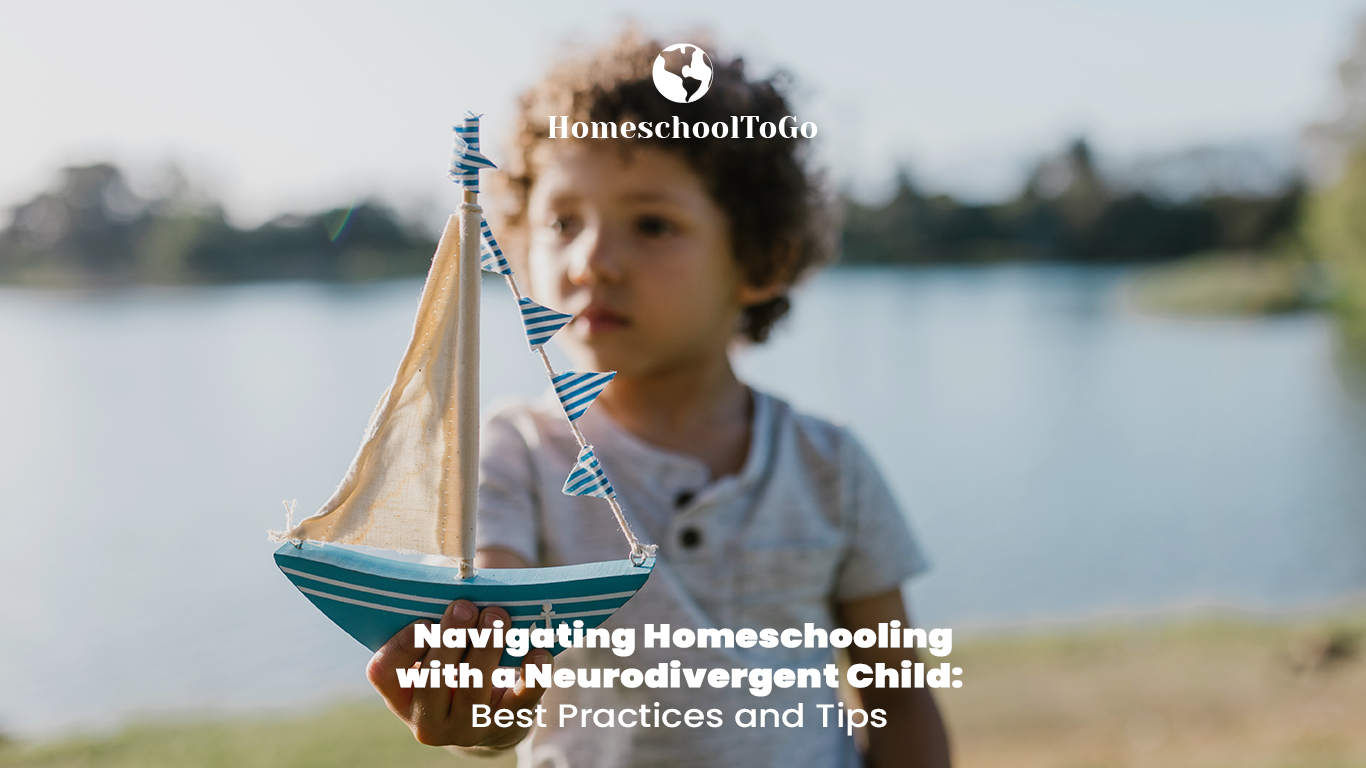Navigating Homeschooling with a Neurodivergent Child: Best Practices and Tips
As a teacher, I know firsthand how challenging it can be to navigate this journey. But I also know that with the right tools, strategies, and mindset, it can be an incredibly rewarding and successful experience for both the child and the parent. In this blog post, I want to share some of the best practices and tips that I've learned along the way to help other homeschooling parents of neurodivergent children thrive.
Understand your child's unique needs:
One of the most important things you can do as a homeschooling parent of a neurodivergent child is to understand their unique needs. Every child is different, and it's important to tailor your homeschooling approach to meet your child where they are at. Take the time to learn about your child's specific neurodivergence and what strategies and accommodations are most effective for them.
Establish a routine:
For neurodivergent children, having a routine can be incredibly helpful in reducing anxiety and increasing predictability. Establish a daily routine for your homeschooling schedule and stick to it as closely as possible. This will help your child feel more comfortable and confident in their learning environment.
Create a sensory-friendly learning environment:
Many neurodivergent children are sensitive to their environment and may struggle with sensory overload. Create a sensory-friendly learning environment by minimizing distractions and providing sensory tools such as noise-canceling headphones, fidget toys, or a calming corner. This will help your child stay focused and engaged in their learning.
Use multisensory teaching methods:
Neurodivergent children often learn best through multisensory teaching methods that engage multiple senses at once. Incorporate visual, auditory, and kinesthetic elements into your lessons to help your child learn in a way that works for them. For example, use hands-on manipulatives or create visual aids to help reinforce concepts.
Practice self-care:
Homeschooling a neurodivergent child can be challenging, and it's important to prioritize your own self-care. Take breaks when you need them, seek support from other homeschooling parents or a therapist if needed, and find ways to recharge your own batteries. When you take care of yourself, you'll be better equipped to meet the needs of your child.
Photo by Sergey Makashin
Homeschooling a neurodivergent child can be a challenging but rewarding experience. By understanding your child's unique needs, establishing a routine, creating a sensory-friendly learning environment, using multisensory teaching methods, and practicing self-care, you can help your child thrive in their homeschooling journey. Remember, you are not alone, and with the right support and tools, you and your child can succeed together.



